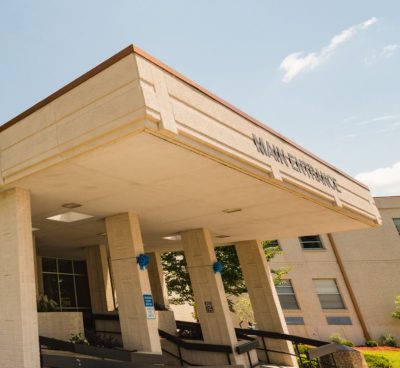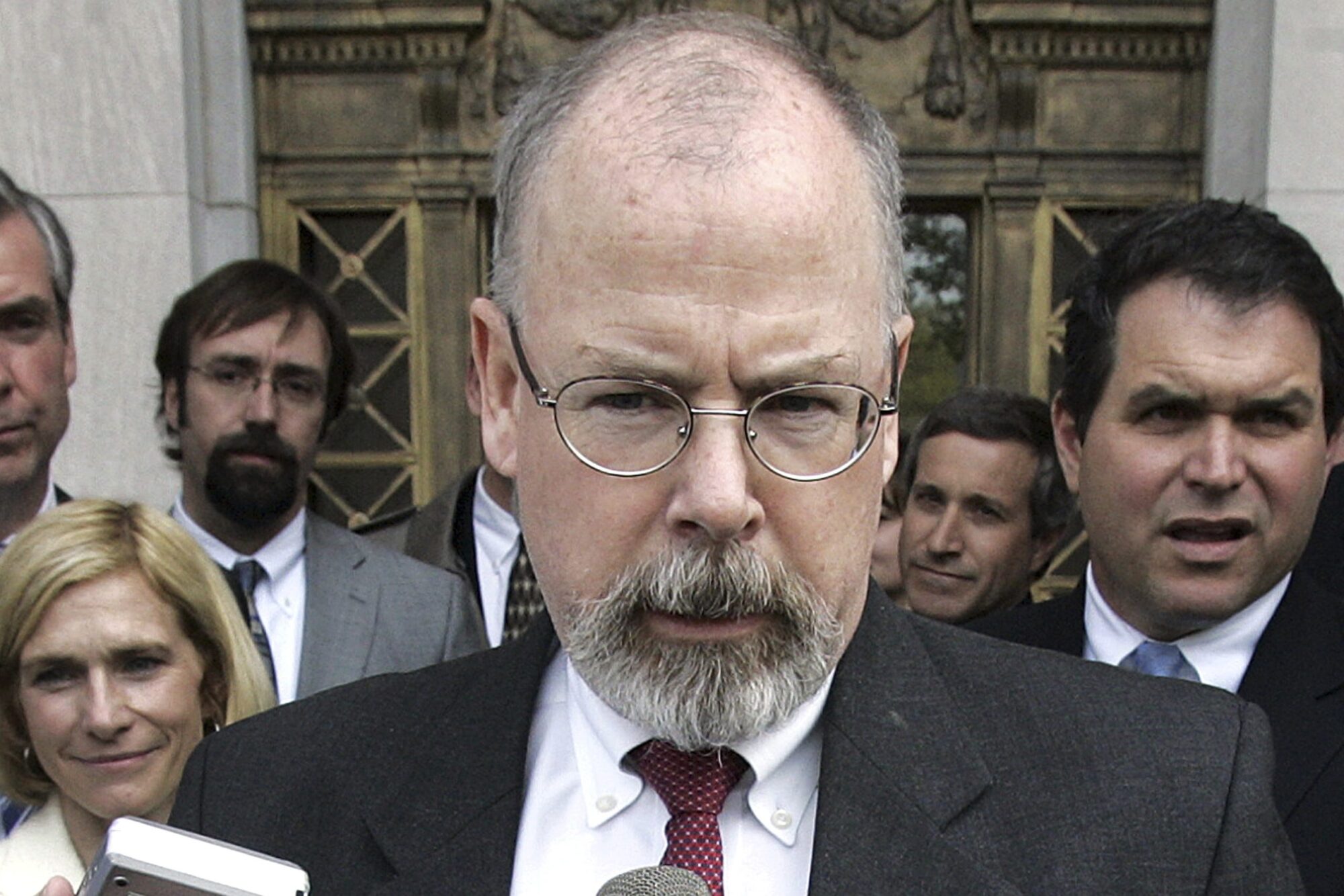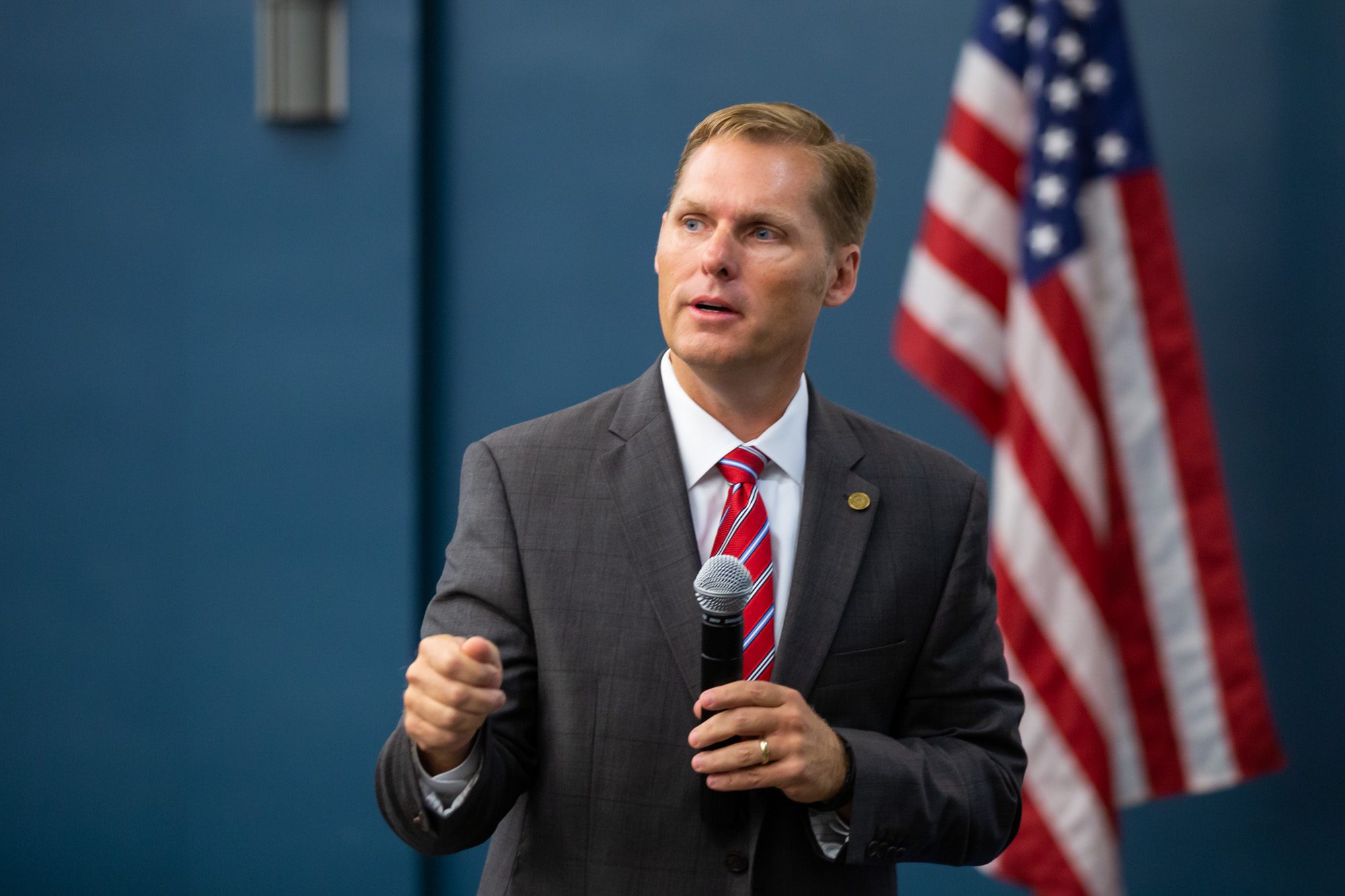
Submitted by Mike Cole
“Public perception is that ambulance transportation is a public service. People think it’s free to them. Unfortunately, our collection revenue is less than 30 percent of what is billed.”
Nearly twenty months into the global COVID-19 pandemic, there is not an area of our lives that has not been touched by this virus. From education to retail to the service industry and of course healthcare, the way we live, work and play among each other has been turned upside down.
I run an ambulance operation for a hospital in rural Mississippi. Let me tell you how the pandemic has impacted us. Around the state, EMTs and paramedics are among the fallen first responders who lost their lives responding to covid calls. Full emergency rooms have meant ambulances can’t unload patients and be ready for their next 911 call. Staff has been offered money to work elsewhere, supplies are more expensive and simply decontaminating an ambulance is yet one more costly expense.
During the second major COVID wave in the fall of 2020 before the vaccine was available, 40 percent of our staff contracted the virus. The overtime we had to pay to those who were able to work nearly devastated us financially. We even had a few individuals who worked 21 days in a row.
Even pre-pandemic, ambulance providers faced near insurmountable odds. Lack of adequate insurance reimbursements have long crippled the industry. Medicaid reimbursements are often times significantly under the actual cost of service.
And if a patient has no insurance, we still make the run, treat them and typically are paid nothing.
Public perception is that ambulance transportation is a public service. People think it’s free to them. Unfortunately, our collection revenue is less than 30 percent of what is billed. For example – imagine 100 people walk into Walmart and take items home with them, but only 30 of those people pay for what they got. Walmart couldn’t survive very long. This is a large part of why ambulance providers are struggling.
Beyond extra burdens caused by the pandemic and a reimbursement system that does not meet the cost of the service we provide, ambulance providers are also facing critical workforce shortages. Recently, my department had to pay higher wages for more highly trained paramedics to fill EMT and ambulance driver positions. We have even hired drivers just to keep us on the road and in service. That translates to overemploying and paying to make sure the ambulance is staffed and under employing to make sure it’s moving.
Across the state, the industry is lacking the EMTs needed to keep up with the demand. Like nurses, they are overworked, underpaid and burned out. They risk frequent COVID exposure which affects their lives outside of work. Many of these frontline medical professionals are leaving EMS to find another job that pays more and is less stressful. We want to pay them more, but simply cannot if we want to stay afloat. Additionally, there aren’t enough individuals getting accredited to become EMTs, so we have little to no workforce pipeline from which we can recruit new trained talent. This is not just a detriment to us, it is a threat to everyone. We all count on a response when we dial 911.
I am proud to be part of an industry that really thrives on its mission. We love to care for the ill and injured and to make sure they receive the best care when they need it. This mission is why we are still here, despite the odds.
The industry is at a pivotal crossroads caused by this perfect storm of COVID: insufficient reimbursements and workforce shortages. I can tell you this is not just the case at Covington County Hospital. We are a member of the Mississippi Ambulance Alliance and can testify to the fact that these burdens are felt throughout the state and among all our members.
So what can be done to help stop the bleeding that puts every 911 call at risk of a delayed response? In short, we need the sort of short-term support the other areas of healthcare have received during the pandemic. We also need a payment structure that recognizes the reality we serve every single Mississippian, regardless of insurance status.
Thankfully, our Mississippi lawmakers directed some COVID relief funds to help early on during the pandemic. Unfortunately, we did not receive federally directed healthcare dollars sent to some other providers simply due to categorization in Washington as a “transportation” service and not “healthcare.” We need the public to help make the case to elected officials that we cannot move forward without a properly funded ambulance provider system.
Our hope, and yours, is that our leaders make this a priority.
###
Submitted by Mike Cole. Cole is the Director of Ambulance Services at Covington County Hospital, a member of the Mississippi Ambulance Alliance.









